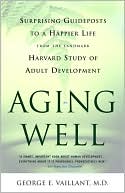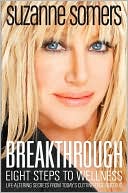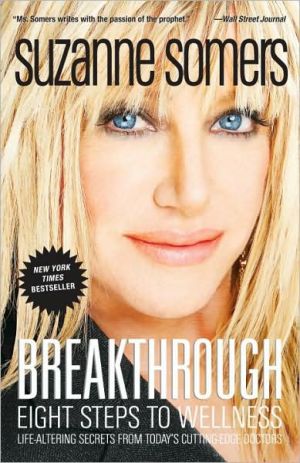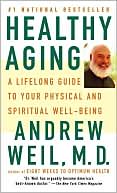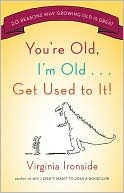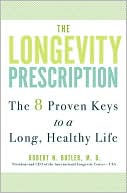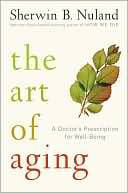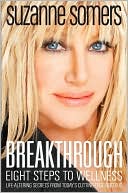Aging Well: Surprising Guideposts to a Happier Life from the Landmark Harvard Study of Adult Development
Search in google:
What can you do to increase the likelihood of living a happy, healthy, fulfilling life into your sixties, seventies, eighties, and beyond? For more than five decades Harvard Medical School has studied the basic elements of adult human development, analyzing the health and happiness of hundreds of individuals from a wide variety of backgrounds. In Aging Well, George E. Vaillant, M.D., the director of the study, draws on the data gathered and reveals for the first time why some people turn out to be more resilient than others. His surprising conclusion is that individual lifestyle choices play a greater role than genetics, wealth, race, or other factors in determining how happy people are in later life. With its step-by-step advice and its revelation of scientific secrets, this inspiring book can help you-whether you are thirty-five or sixty-five-ensure that your golden years are truly golden Publishers Weekly This groundbreaking sociological analysis is based on three research projects that followed over 800 people from their adolescence through old age. Subjects were drawn from the Harvard Grant study of white males, the Inner City study of non-delinquent males and the Terman Women study of gifted females, begun respectively in 1921, 1930 and 1911. In all three studies, subjects were interviewed at regular intervals over time, a design that prevented observations from being skewed by the distortions of memory and allowed for analyses that distinguished effect from cause. Vaillant (The Natural History of Alcoholism), a psychiatrist and professor at the Harvard Medical School, brings a nuanced point of view and an acceptance of the project's limitations. (Those followed were not randomly selected and were overwhelmingly Caucasian.) Nevertheless the author makes compelling use of his data, which is based on intensive contacts with a variety of subjects. Vaillant posits that successful physical and emotional aging is most dependent on a lack of tobacco and alcohol abuse by subjects, an adaptive coping style, maintaining healthy weight with some exercise, a sustained loving (in most cases, marital) relationship and years of education. This is good news since factors that cannot be altered, such as ancestral longevity, parental characteristics and childhood temperament, were among those ruled out as predictors. The book's academic tone will reassure some readers and put others off, but Vaillant's arresting interviews with selected subjects (recounted here) and his ability to learn from the subjects make this an outstanding contribution to the study of aging. National publicity. (Jan. 2) Copyright2001 Cahners Business Information.
1The Study of Adult Development32Ripeness Is All: Social and Emotional Maturation393The Past and How Much It Matters834Generativity: A Key to Successful Aging1135Keeper of the Meaning1416Integrity: Death Be Not Proud1597Healthy Aging: A Second Pass1858Retirement, Play, and Creativity2199Does Wisdom Increase with Age?24910Spirituality, Religion, and Old Age25711Do People Really Change Over Time?28112Positive Aging: A Reprise307AppendicesAThe Three Cohorts327BAn Illustrated Glossary of Defenses334CMethodology for Assessing Maturity of Adaptive Mental Mechanisms (a.k.a. Defenses)336DAssessment of Childhood Scales338EBasic Trust at Age 50 Associated with Childhood Environment and Future Successful Aging339FScale for Subjective Physical Health (Instrumental Activities of Daily Living)340GScale for Objective Mental Health (Age 50-65)342HScale for Objective Social Supports (Age 50-70, Harvard Cohort Only)343IScale for Subjective Life Satisfaction344JTable Contrasting the Happy-Well with the Sad-Sick and the Prematurely Dead345KGraceful Aging Scale346Notes347Acknowledgments359Index361
